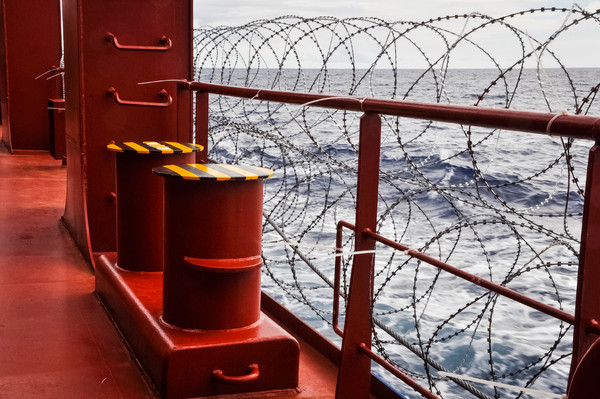The Gulf of Guinea has long presented insurers and their shipping clients with the symptoms of long-embedded criminal activity. The ships and crews are regularly exposed to armed assailants stealing personal effects and cargo and all too often to kidnap, but the international community has been unable to make much meaningful progress in 20 years.
There is now wide recognition that the Gulf of Guinea presents a long-term problem that cannot be fixed without Nigerian participation and unfortunately the internal dynamics of that country militate against a quick resolution. The French and British navies co-operated to bring about a reporting network called MDAT-GoG but it is and can only be a part of the answer. The Nigerian authorities do not, for example, permit the use of foreign armed guards, a key ingredient in suppressing the Gulf of Aden pirates.
Faced with a seeming intractable problem, the shipping industry’s Round Table led by OCIMF have recently released a West African best management practice guide in an attempt to address the situation. It was based along the lines of the guidance successfully employed off Somalia. London’s Joint Hull and Joint War Committees took part in the consultation and support the issued guidance as a mitigation tool.
The oil interests in the region mean Nigeria remains an important trading destination. However, London insurers were obliged to declare the Gulf of Guinea a high-risk notification area in August 2011 due to the continuing and widening range of attacks and that status remains unchanged. Vessels seeking to navigate in the Gulf of Guinea have to notify their underwriters of their intent and may have to take extra security precautions and/or pay additional premiums to obtain cover. The newly released guidance can and should assist but it cannot resolve the fundamentals.
